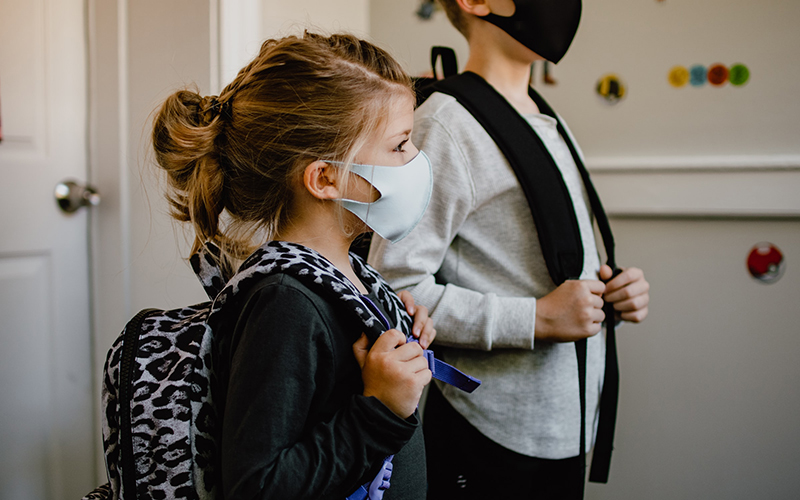Search
Research
Efficacy thresholds and target populations for antiviral COVID-19 treatments to save lives and costs: a modelling studyIn 2023 severe acute respiratory syndrome coronavirus 2 (SARS-CoV-2) was declared endemic, yet hospital admissions have persisted and risen within populations at high and moderate risk of developing severe disease, which include those of older age, and those with co-morbidities. Antiviral treatments, currently only available for high-risk individuals, play an important role in preventing severe disease and hospitalisation within this subpopulation.
Research
A digital intervention to support childhood cognition after the COVID-19 pandemic: a pilot trialDifficulties in executive functioning (EF) can result in impulsivity, forgetfulness, and inattention. Children living in remote/regional communities are particularly at risk of impairment in these cognitive skills due to reduced educational engagement and poorer access to interventions. This vulnerability has been exacerbated by the COVID-19 pandemic and strategies are needed to mitigate long-term negative impacts on EF.
Research
Clinician perceptions of research priorities for the management of noncritically ill patients admitted to hospital with SARS-CoV-2 infectionThe changing phenotype of coronarvirus disease 2019 (COVID-19) may quickly render guideline-recommended interventions obsolete. We developed a 40-question clinician survey in consultation with the Australasian COVID-19 Trial site investigators. The survey was designed to assess clinician perceptions of the current treatment strategies and future research priorities in the management of non-critically ill patients admitted to hospital with SARS-CoV-2 infection.
Research
Spatial and Temporal Data Visualisation for Mass Dissemination: Advances in the Era of COVID-19The COVID-19 pandemic is the first major pandemic of the digital age and has been characterised by unprecedented public consumption of spatial and temporal disease data, which can enable greater transparency and accountability of governments to the public for their public health decisions.
Research
Respiratory syncytial virus in children: epidemiology and clinical impact post-COVID-19Respiratory syncytial virus (RSV) remains a leading cause of mortality and morbidity worldwide. RSV seasonality was disrupted by COVID-19-associated nonpharmaceutical interventions (NPIs). We review RSV seasonality, molecular epidemiology, clinical manifestations, and community awareness to inform future prevention strategies.

News & Events
Landmark research investigating benefits of COVID-19 vaccination for kids set to launch at The Kids Research Institute AustraliaA first-of-its-kind national study looking at the optimal COVID-19 vaccination strategies for children and adolescents is set to begin at Perth’s The Kids Research Institute Australia thanks to a $3.8 million funding injection from the Australian Government’s Medical Research Future Fund (MRFF).

News & Events
WA’s Omicron wave on a downward trajectory, despite new variantsSophisticated modelling produced is predicting a steady decline in COVID-19 cases in WA throughout August, but hospitalisation rates will remain relatively high.

News & Events
COVID-19 in WA: Why having our kids wear masks at school is the correct callWest Australian children as young as Year 3 are now turning up to school in masks, presenting a new challenge for kids, parents and schools.

News & Events
Tips for discussing coronavirus with your kidsThe rapidly developing coronavirus crisis is affecting our daily lives in unprecedented ways and brings with it uncertainty and fear.
Research
Global Disparities of Cancer and Its Projected Burden in 2050Cancer prevention and care efforts have been challenged by the COVID-19 pandemic and armed conflicts, resulting in a decline in the global Human Development Index (HDI), particularly in low- and middle-income countries. These challenges and subsequent shifts in health care priorities underscore the need to continuously monitor cancer outcome disparities and statistics globally to ensure delivery of equitable and optimal cancer prevention and care in uncertain times.
